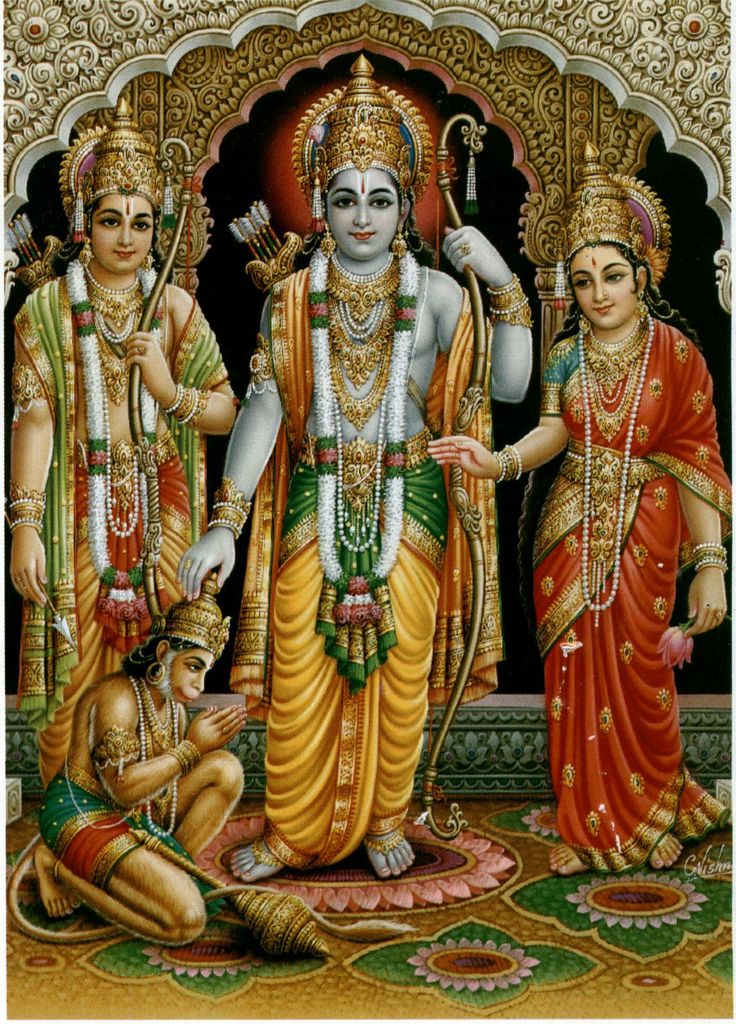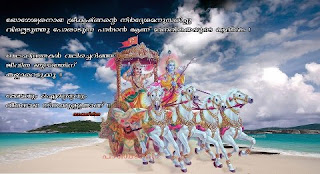Speech by Swami Vivekananda - Delivered at the Shakespeare Club, Pasadena, California, February 1, 1900) :
The Mahabharata - Speech by Swami Vivekananda - Delivered at the Shakespeare Club, Pasadena, California, February 1, 1900) The other epic about which I am going to speak to you this evening, is called the Mahâbhârata. It contains the story of a race descended from King Bharata, who was the son of Dushyanta and Shakuntalâ. Mahâ means great, and Bhârata means the descendants of Bharata, from whom India has derived its name, Bhârata. Mahabharata means Great India, or the story of the great descendants of Bharata. The scene of this epic is the ancient kingdom of the Kurus, and the story is based on the great war which took place between the Kurus and the Panchâlas. So the region of the quarrel is not very big. This epic is the most popular one in India; and it exercises the same authority in India as Homer's poems did over the Greeks. As ages went on, more and more matter was added to it, until it has become a huge book of about a hundred thousand couplets. All sorts of

.jpg)


Comments
Post a Comment